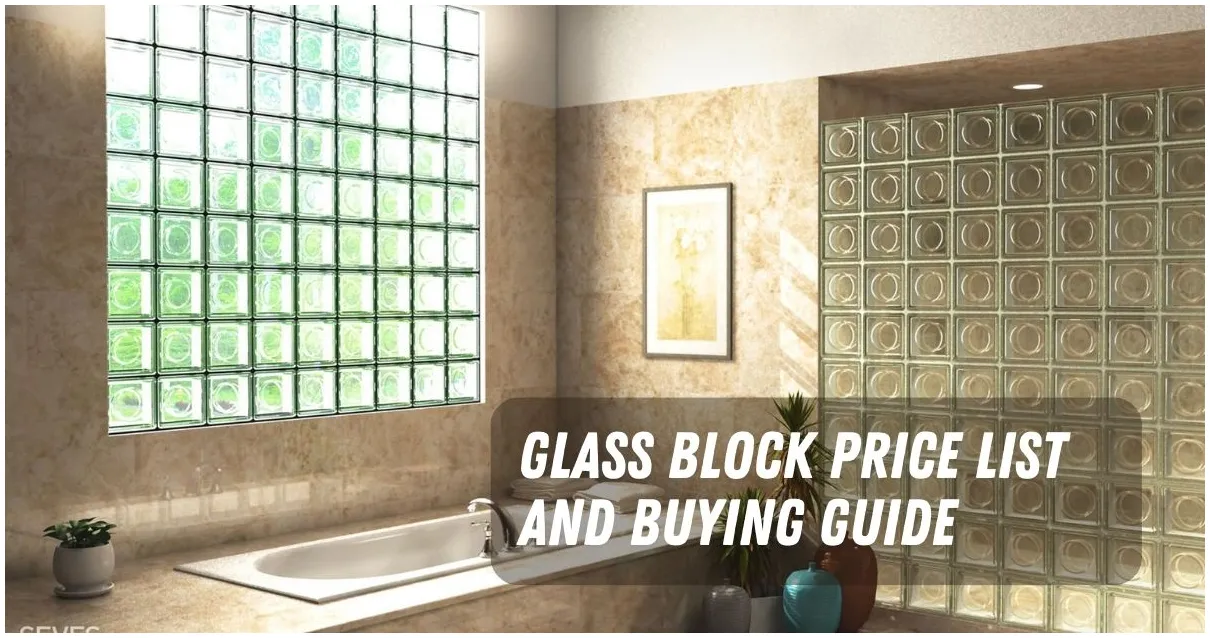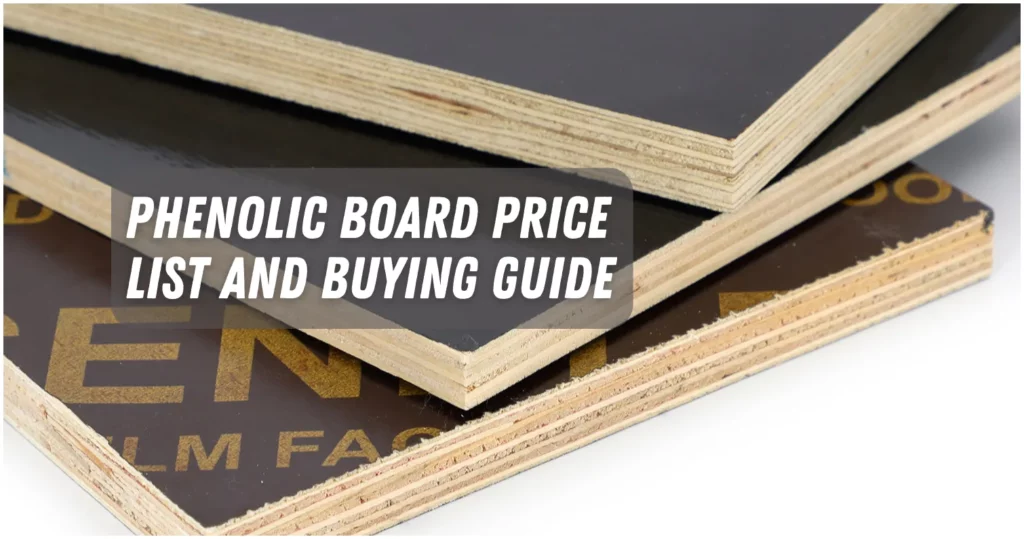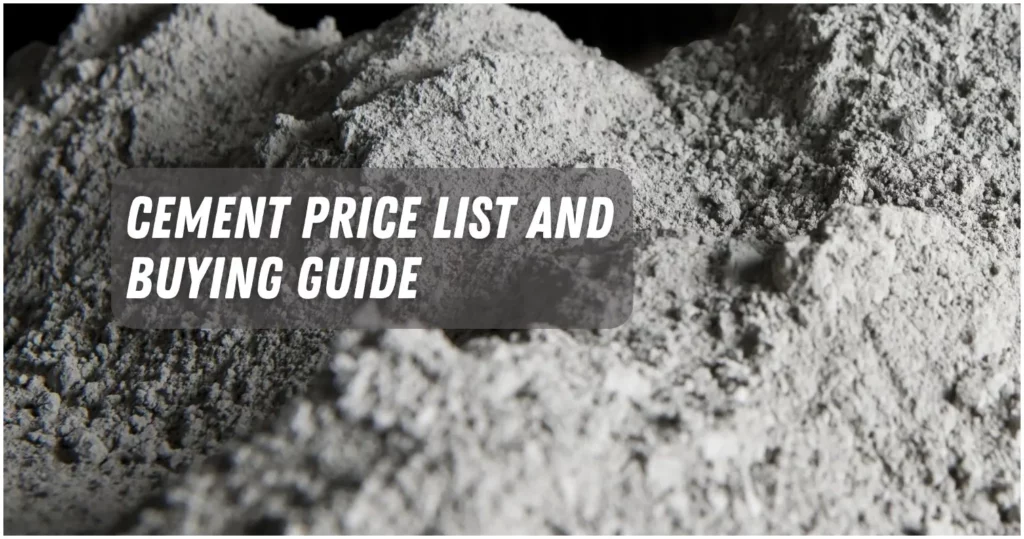Glass block are a type of building material with a low price that can be used for many things, including windows, walls, skylights, and artistic elements.
They are made from hollow blocks of glass that have different forms, sizes, colors, and patterns.
Any area can get natural light, privacy, insulation, and a nice look from glass blocks, which range in price from ₱125 to ₱850 per piece.
In this piece, we’ll talk about the Glass Block price in Philippines, how it’s used, what kind it is, and much more.
What is Glass Block?

Glass block is a flexible building material made of glass that is cut into hollow blocks with different shapes.
It lets light through but keeps people from seeing in. It is used to divide rooms and make walls outside, giving both the inside and the outside a nice look.
When glass is heated and shaped into a block, the result is a strong and durable object. It can be used as flooring to improve the look of a room as a whole.
Uses of Glass Block

Glass block has many uses in both homes and businesses. Some of the most popular uses are:
- Windows: Glass block windows let in natural light, provide privacy, keep out noise, and make a home more secure.
- Walls: Glass block walls separate rooms, add decoration, and make the room brighter and quieter.
- Skylights: Skylights made of glass blocks let natural light into small rooms and make them feel more open.
- Glass block can be used to make paintings, sculptures, and pieces of furniture that are works of art.
Types of Glass Block

There are many types of glass block available in the market, each with its own characteristics and advantages. Some of the common types of glass block are:
1. Clarity Glass Block Windows
These windows are made of clear blocks that let in the most light and let you see out. They are perfect for rooms that need natural light.
2. Diamond Glass Block Windows
Diamond glass block windows are made of blocks that are shaped like diamonds. When light shines through them, they sparkle and look very beautiful.
3. Ice Glass Block Windows
Windows made of frosted-looking blocks that give you privacy and softly spread light.
4. Wavy Glass Block Windows
Wavy glass block windows are made of blocks with a wavy or undulating design. When light shines through them, the effect is fluid and moving.
5. See-Through Glass Blocks
Blocks with a clear center and a colored or patterned outside, which adds contrast and visual interest.
6. Frosted Glass Blocks
Blocks with a dark or opaque finish that provide privacy and cut down on glare.
7. Vertical/Horizontal Rib Glass Blocks
These are blocks with ribs that run vertically or horizontally. When light shines through them, they look straight and geometric.
8. Leather Glass Blocks
Blocks with a rough surface that looks like leather. When lit, they make a warm, cozy effect.
9. Grid Glass Blocks
Blocks with a design that looks like a grid. When light shines through them, the effect is modern and simple.
Glass Block Price List

The price of glass block depends on various factors, such as the type, size, quantity, quality, design, installation, and location of the project.
The price may also vary depending on the supplier and the market demand of the glass block.
| Type of Glass Block | Price per Piece |
|---|---|
| Clarity Glass Block Windows | ₱125 – ₱143 |
| Ice Glass Block Windows | ₱138 – ₱199 |
| Wavy Glass Block Windows | ₱140 – ₱300 |
| Leather Glass Blocks | ₱140 – ₱300 |
| Grid Glass Blocks | ₱140 – ₱300 |
| Diamond Glass Block Windows | ₱140 – ₱468 |
| Vertical/Horizontal Rib Glass Blocks | ₱155 – ₱248 |
| See-Through Glass Blocks | ₱201 – ₱390 |
| Frosted Glass Blocks | ₱200 – ₱850 |
To get an accurate quotation for your project, you should contact your local suppliers or contractors and ask for their rates and services.
You should also compare different options and choose the one that suits your budget and preferences.
Advantages and Disadvantages of Glass Block
There are both good and bad things about glass block. Here are a few important points:
Advantages:
- Aesthetic appeal: Color, texture, and style give glass block a unique and appealing look.
- Natural light: It lets in a lot of natural light, which is good for your happiness, health, and productivity while using less energy.
- Privacy: Frosted or colored glass blocks give you privacy and stop people from seeing things they shouldn’t.
- Insulation: Glass blocks keep rooms warm in the winter and cool in the summer. They also keep noise down.
- Security: It can take a hit, doesn’t catch fire, and discourages damage. This makes it safe and stops break-ins.
Disadvantages:
- Cost: Buying and installing glass blocks can be pricey, especially if you want high-quality or custom-made ones.
- Weight: Glass blocks are heavy and need to be handled with care. They can also add to the load on the building frame.
- Maintenance: Glass blocks need to be cleaned regularly to avoid dirt, moisture, and stains. Over time, they may need to be fixed or replaced.
- Flexibility: Because glass block is solid, it limits design options and makes it hard to make changes or replace it.
When choosing whether or not to use glass blocks for your project, think about these things.
Things You Should Know about Glass Block
Before using glass block for your project, there are some things you should know about it. Here are some common questions and answers about glass block:
- Is glass block a window? Glass block works like a window in that it lets in light, air, and lets you see outside, but it doesn’t have a frame or a way to open.
- Are glass blocks waterproof? Glass blocks are water-resistant and don’t soak up water, but they may need proper sealing and gluing to keep water out.
- What are glass blocks called? Glass blocks can be called glass bricks, glass tiles, or glass slabs, depending on what they are used for.
- How strong is glass block? Glass block is strong enough to handle normal loads and stresses, but it isn’t as strong as solid glass or materials like concrete or steel, so it may need extra support.
- How long does glass block last? With the right installation and care, glass block can last for 15 to 30 years and resist corrosion and decay. However, physical or chemical changes may cause it to break down over time.


